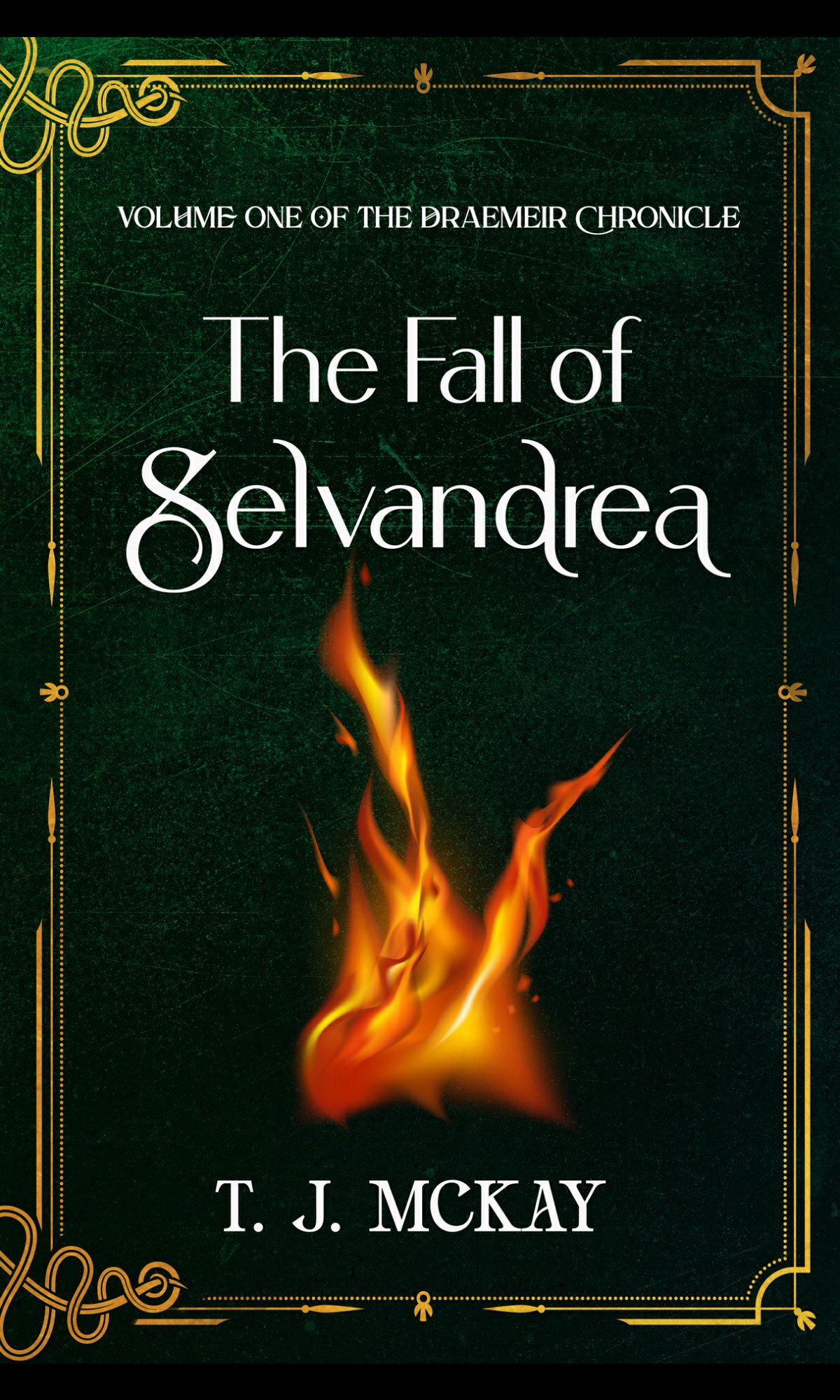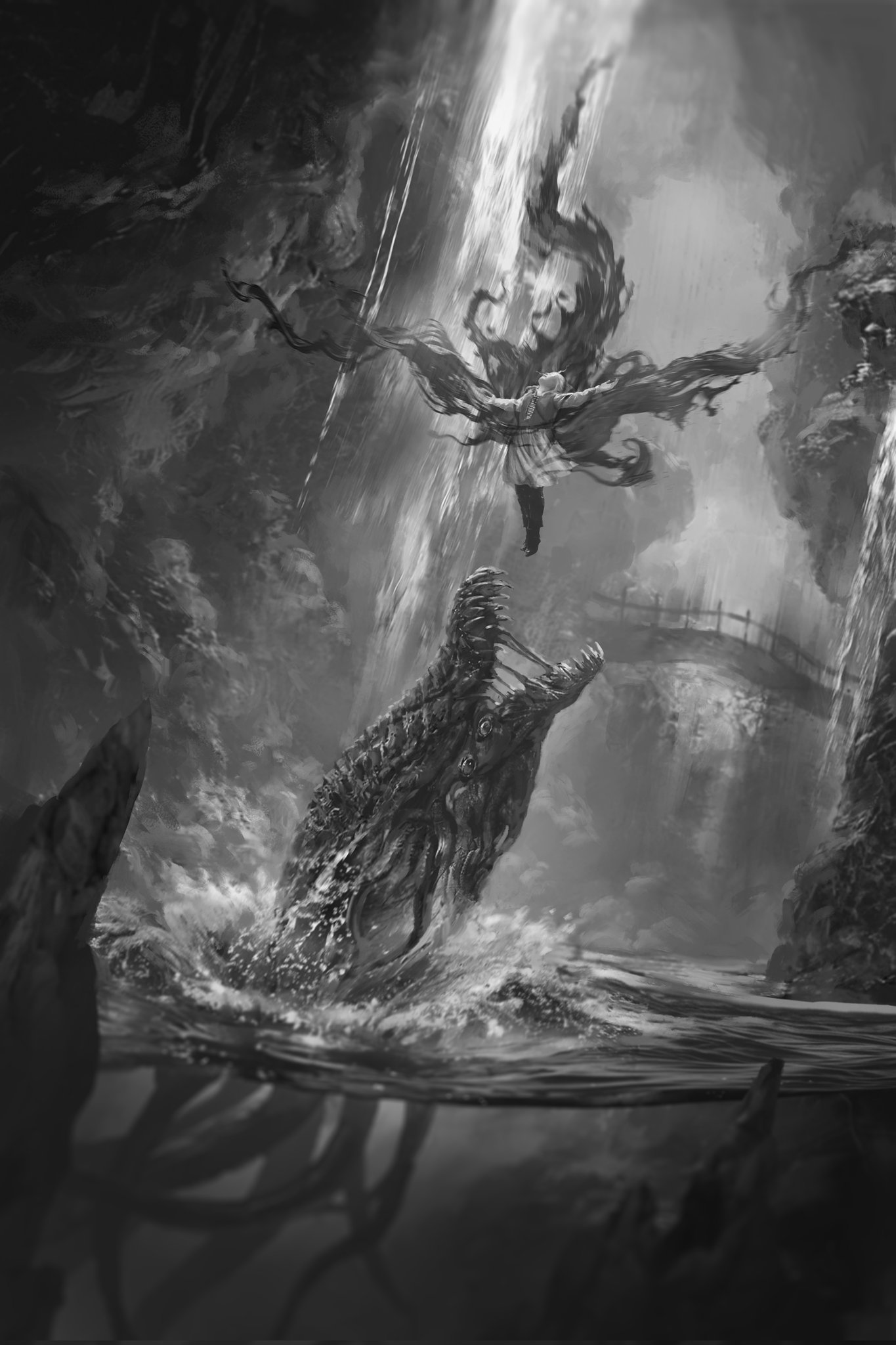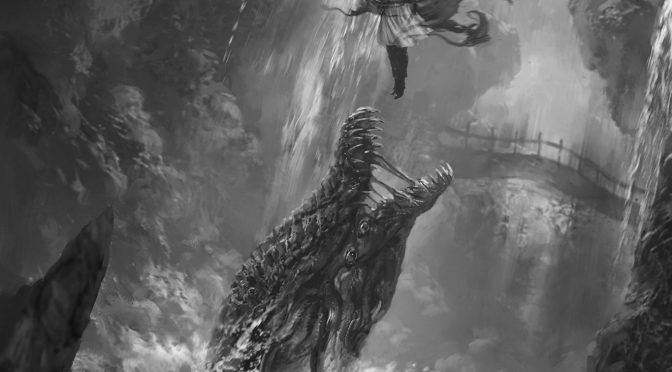The Fall of Selvandrea – Volume 1 of the Draemeir Chronicle by T. J. McKay
A review by INFAMOUS🦀
I’ve been acquainted with McKay’s writing for a couple of years now ever since I read his first official edition of Book 1 of the Draemeir Chronicle, Rise of Dresca, and I always thought there was something special and quite unique about his style and the type of fantasy he was exploring. The Fall of Selvandrea represents the culmination of everything previously seen in Books 1 and 2 (Seas of the Zovah) in what I can only describe as a spectacular edition.
GENRE:
Although this is clearly a fantasy novel, it’s very difficult to pinpoint exactly WHAT type of fantasy category it falls into. McKay likes to call it ‘flintlock fantasy’ although there are some elements of science-fiction involved we will discuss later on in this review. The only other fictional works that might fall in this same category are A Sea of Broken Glass and to a lesser degree Gunmetal Gods. Some other smaller titles like in The Sendyne Flintlock Fantasy Chronicles by Seth Hobbsand could also fit the bill.
I personally feel like TFOS occupies its own niche, and it represents some of the most original and exquisite fantasy writing of late.

PLOT:
Discussing the plot here can be difficult for one main reason: the author has chosen a narrating style with very little exposition, throwing readers right into the midst of the action. We see WHAT characters do, we see HOW they do it, but very little is unfolded as to WHY they do it. We’re fed little crumbs here and there but no ‘info dump’ at any rate.
Other reviewers have expressed that this style of delivery can stir up confusion; however I can respect this as being the author’s artistic choice and cannot view it as a negative remark in itself.
We will learn of a technologically advanced world plagued by the draemeir strains (sort of a supernatural plague) which is pure evil and chaos, using humans as hosts. Our protagonist Valdaris Drascar-whom we may call in this review Future Vald-creates a new draemeir strain that he can control unlike the other strains of pure chaos and destruction. In order to save his world from the draemeir, Future Vald sends his consciousness (preserved inside the ruby attached to his sword) into the past via a vortex he is able to generate.
Here is where Past Vald takes up the sword with the ruby, and now we have Future Vald’s consciousness and Past Vald’s consciousness merging as one being (thus a dual personality of sorts).
It is also of relevance to mention that as Future Vald opens the vortex to the past, a group of ‘strangers’ led by Alessa Sinclaes also travels to the past through the same vortex, finding themselves in a world on the brink of war between the kingdoms of the Selvar and the Naemredd. This is also where the sci-fi elements come into play, since these time travelers carry very sophisticated gadgets and weapons (Ambrovian technology).

DARK, DREAMLIKE, FANTASY:
The narrative feels very dark and mysterious, but also beautiful and dreamlike. On several instances it was difficult for me to understand where dream and reality separated. As the author puts it:
“It’s not meant to be an easy read (though I try to keep the writing style line-by-line easy/simple).”
What I noticed most is that this style doesn’t really look or feel like anything else that is currently out there, and this is saying a lot considering the oversaturated market of fantasy books. It can be disorienting at times, with its multiple POVs and thin exposition, but in a sense that is part of the lure.
If we ask McKay what or who might have influenced his story, he will tell us this:
“The Judas Strain by James Rollins and the Andromeda Strain by Michael Crichton both influenced the sci-fi elements… plus the movie Transcendence with Johnny Depp. On the fantasy side, Wheel of Time and The Pendragon Cycle (Stephen R. Lawhead). To a much lesser extent, The Count of Monte Cristo had some influence too, and Les Miserables. And I’d also give some credit to Revan from Star Wars (Knights of the Old Republic).”

CONCLUSION:
It is important to point out that McKay is not your average indie writer. He has mastered his writing skills and it transpires all throughout TFOS. He is a writers’ writer folks! Am I saying that McKay is as original as he is an objectively talented writer? That’d be a big YES.
Sure this is a challenging read with obscure characters, intricate plots, little exposition, and multiple POVs, leaving me with more questions by the end of the book than I had at the beginning, but not everything must be spoon fed in order to be a fantastic experience.
And The Fall of Selvandrea is a fantastic and unique experience indeed!
🦀


Excellent review, and a great reminder I need to get back to reading this! I tend to book-hop, and I’m notoriously bad at follow-through sometimes–but what I read was very interesting, so I’ll look forward to getting back to it!
It’s arguably the most original fantasy book out now 🦀